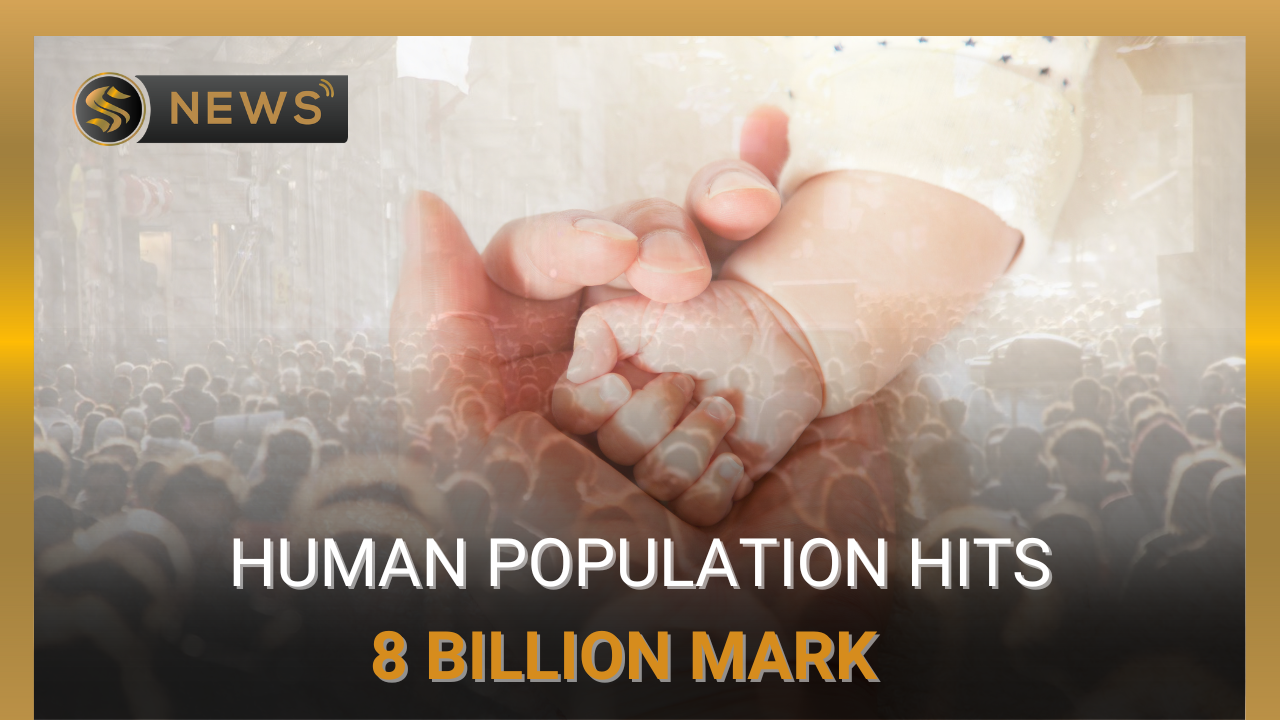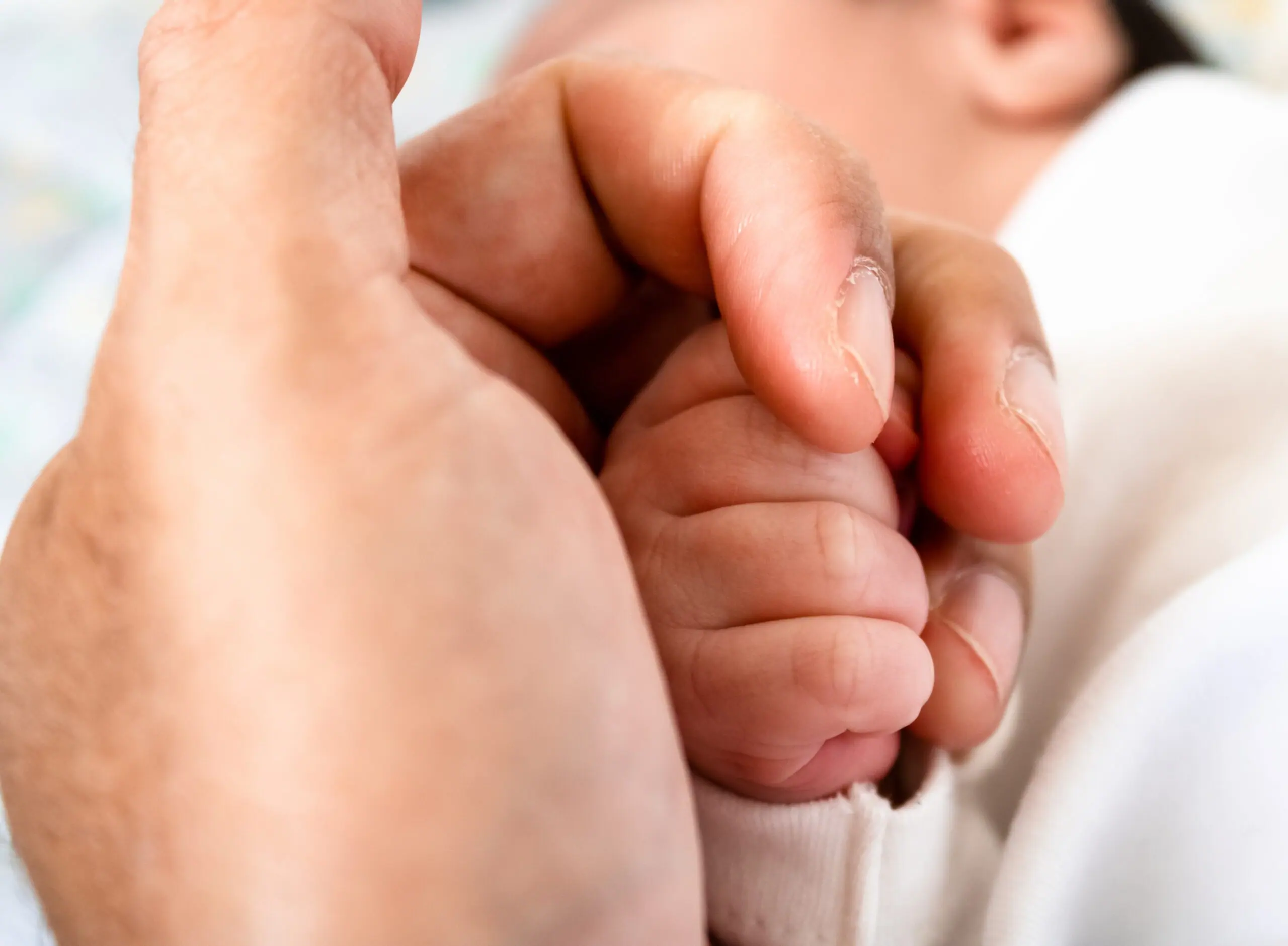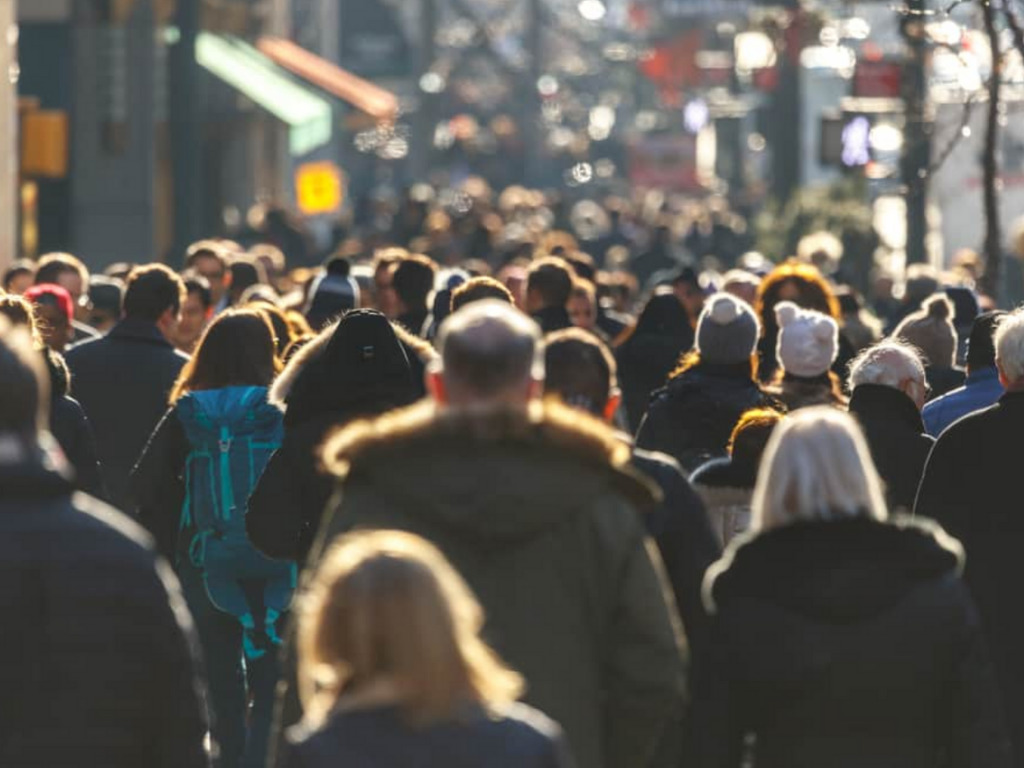
Share This Story, Choose Your Platform!
UN reports eight billionth birth on Tuesday
According to the UN, an increase in population is due to human development with individuals living longer as a result of advancements in medical, diet, personal hygiene, and public health.
It is a result of rise in fertility rates as well, which endangers the development of the world’s poorest nations, the majority of which are in Sub-Saharan Africa.
UN Secretary General Antonio Guterres stated in a statement that “the milestone is a chance to celebrate diversity and accomplishments while considering humanity’s shared responsibility for the planet.”
When Does a Number Become Too Many?
The effects of economic development on the environment have also been amplified by population growth. While some worry that there would not be enough space for eight billion people on Earth, most experts agree that the biggest issue is the over consumption of resources by the rich individuals. According to Natalia Kanem, director of the United Nations Population Fund, “some voice fears that our world is overpopulated. I’m here to make it very clear that the sheer number of lives lost is not a reason to be afraid.”
According to Joel Cohen of the Laboratory of Populations at Rockefeller University, there are two aspects to the question of how many people the planet can sustain; natural constraints and human decisions. Humans consume significantly more biological resources such as forests and land, than the world can replenish annually as a result of our decisions. For instance, excessive use of fossil fuels increases carbon dioxide emissions, which are the cause of global warming.
“We are foolish. We were not foresighted. We’re avaricious. We don’t make use of the data we have. The decisions and issues are there,” according to Cohen. He disputes the notion that people are the planet’s curse, arguing that people should have better options.
Decreasing Growth
Compared to the 2.5 billion people who called the world their home in 1950, the population is more than three times larger now. According to Rachel Snow of the UN Population Fund, the rate of population increase worldwide has significantly slowed down since reaching a peak in the early 1960’s. From a peak of 2.1% between 1962 and 1965, to below 1% in 2020, annual growth has decreased.
The United Nations predicts that due to a prolonged decline in birth rates, that number is likely to drop even further to around 0.5 pc by 2050. According to the UN estimates, the population will reach 8.5 billion in 2030, 9.7 billion in 2050, and peak at 10.4 billion in the 2080’s. However, other teams came up with different numbers.

Deadly Death
The world’s population has exploded since the first humans appeared in Africa over two million years ago, with only brief pauses to the growing number of people sharing Earth. In order to continue their nomadic lifestyle, our ancestors were hunter-gatherers who had fewer children than later settled societies. The earliest known significant population increase was brought about by the advent of agriculture in the Neolithic era, circa 10,000 BC. Birth rates soared as a result of agricultural decentralization and the ability to preserve food.
According to the French Institute for Demographic Studies, the world’s population increased from about six million in 10,000 to 100 million in 2,000 BC, and then to 250 million in the first century AD. Between 1300 and 1400, the human population fell from 429 to 374 million as a result of the Black Death.




